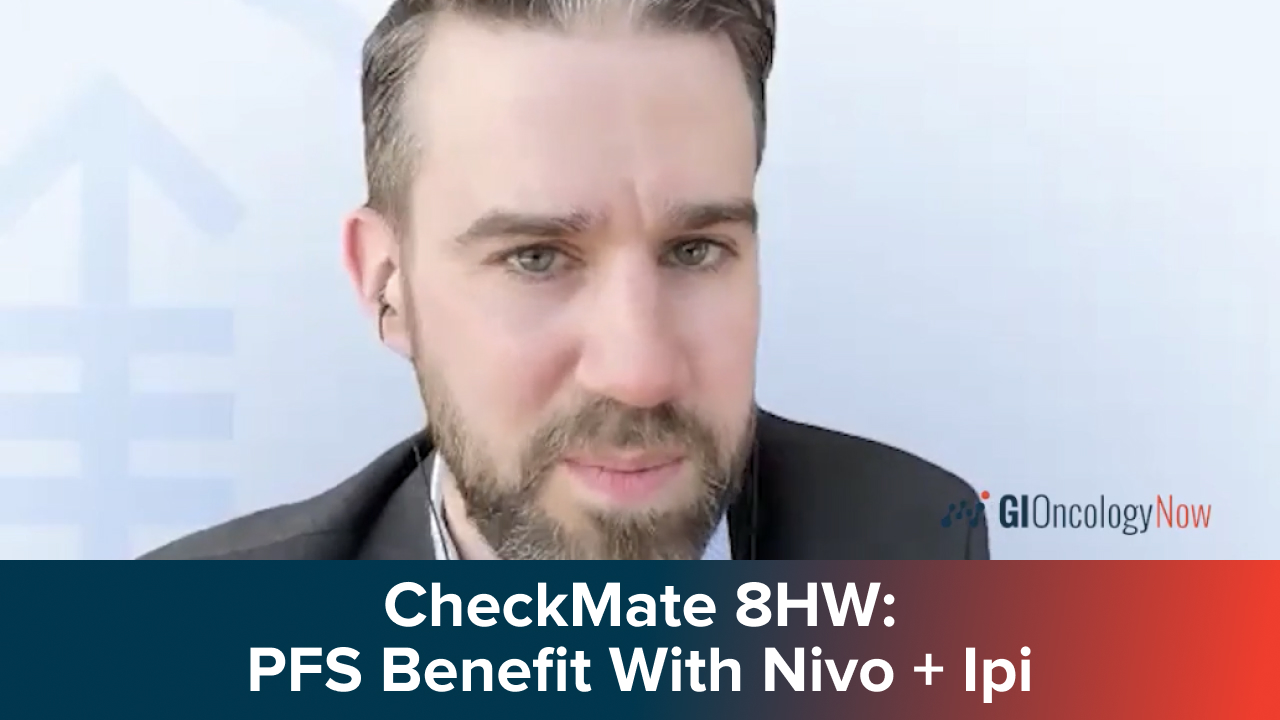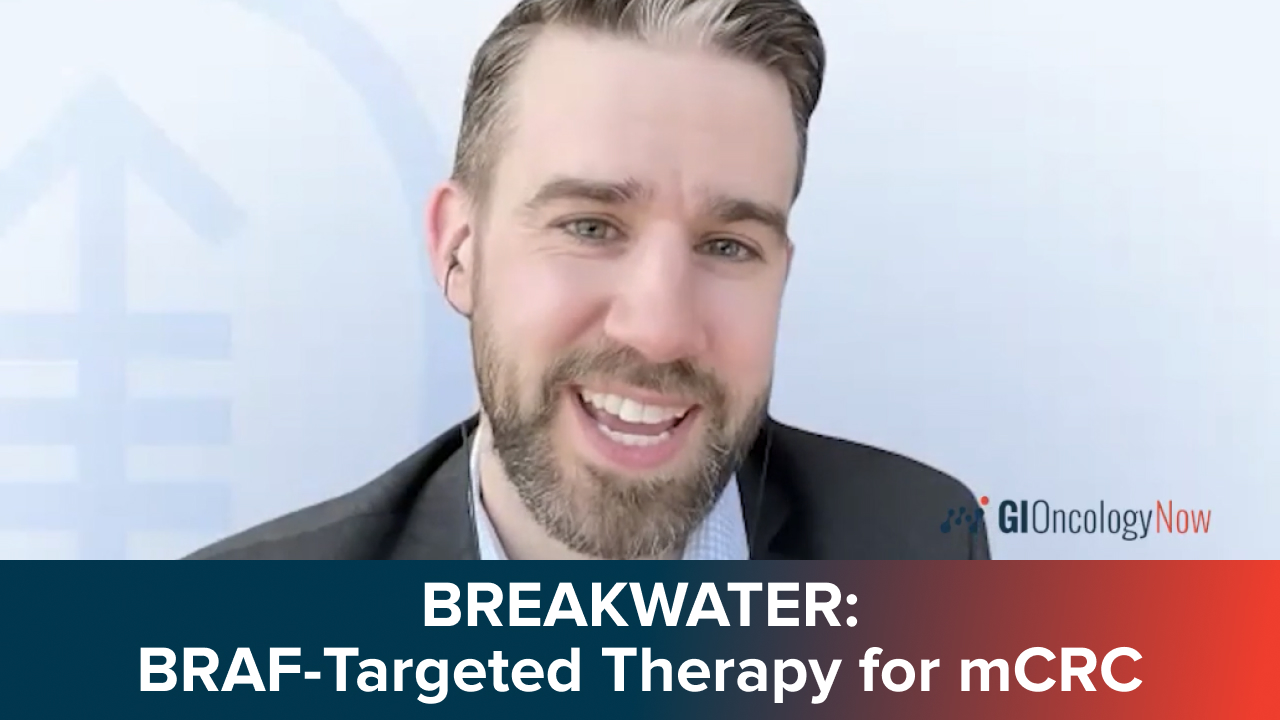
A study of real-world data assessed whether the addition of an anti-vascular endothelial growth factor (VEGF) agent to a first-line treatment regimen of leucovorin calcium (folinic acid), fluorouracil, and oxaliplatin (FOLFOX) impacted outcomes in patients with metastatic colorectal carcinoma. The findings were published in Cancer Control.
The researchers retrospectively analyzed data from the AIM Cancer Care Quality Program and commercially insured patients with cancer treated at medical oncology clinics in the United States. In total, 1652 patients who received first-line FOLFOX treatment were included. Anti-VEGF therapy was administered to 1015 patients (61.4%).
“In our cohort, the FOLFOX plus anti-VEGF combination was the most prevalent treatment regimen. However, we observed a decline in the usage of this combination and a reciprocal rise in using FOLFOX alone. This might be due to the uncertainties regarding the efficacy of anti-VEGF, as well as concerns about toxicity and cost,” the authors noted.
Compared with the non-VEGF cohort, patients who received anti-VEGF therapy had a higher frequency of metastases in the lung (33% vs 22%; P<.001) and the liver (74% vs 62%; P<.001). The VEGF cohort also underwent fewer liver surgeries prior to treatment (1.2% vs 3.6%; P=.002) and had a higher proportion of right-sided tumors (27% vs 18%; P=.001) compared with patients who did not receive anti-VEGF therapy.
The addition of anti-VEGF to the FOLFOX regimen was not associated with significant differences in overall survival (OS). Median survival was 25.4 months for those who received anti-VEGF, compared with 26.0 months for those who did not (P=.4). The adjusted hazard ratio for survival with the addition of anti-VEGF was 1.08 (P=.36). There was a higher rate of post-treatment hospitalizations among patients who received the FOLFOX-only regimen (22% vs 15%; P<.001).
The authors noted that left-sided tumors treated with anti-VEGF demonstrated a trend toward lower OS (P=.09). “This finding is in line with recent evidence suggesting that tumor sidedness is an important predictive factor for treatment in first-line therapies involving anti-EGFR agents, although the evidence for anti-VEGF agents is less consistent,” they noted.
Regarding limitations, the authors acknowledged that the use of claims data may result in coding differences between practices and physicians, though the administrative data were augmented with the data from the AIM Cancer Care Quality Program. They also noted that because the study focused on survival and post-treatment hospitalization, it may have ignored other clinically relevant outcomes, such as progression-free survival and quality-of-life metrics.
“Despite these limitations, our study provides valuable insights into the real-world effectiveness of the FOLFOX plus anti-VEGF combination in the first-line treatment of metastatic colorectal cancer,” the authors concluded. “Our findings support the use of this treatment combination in clinical practice, although the decision to use anti-VEGF should be made on a case-by-case basis, taking into account factors such as tumor sidedness and patient characteristics. Importantly, addition of anti-VEGF may not provide OS benefit, but rather it seems to have more effect on toxic reactions.”







 © 2025 Mashup Media, LLC, a Formedics Property. All Rights Reserved.
© 2025 Mashup Media, LLC, a Formedics Property. All Rights Reserved.